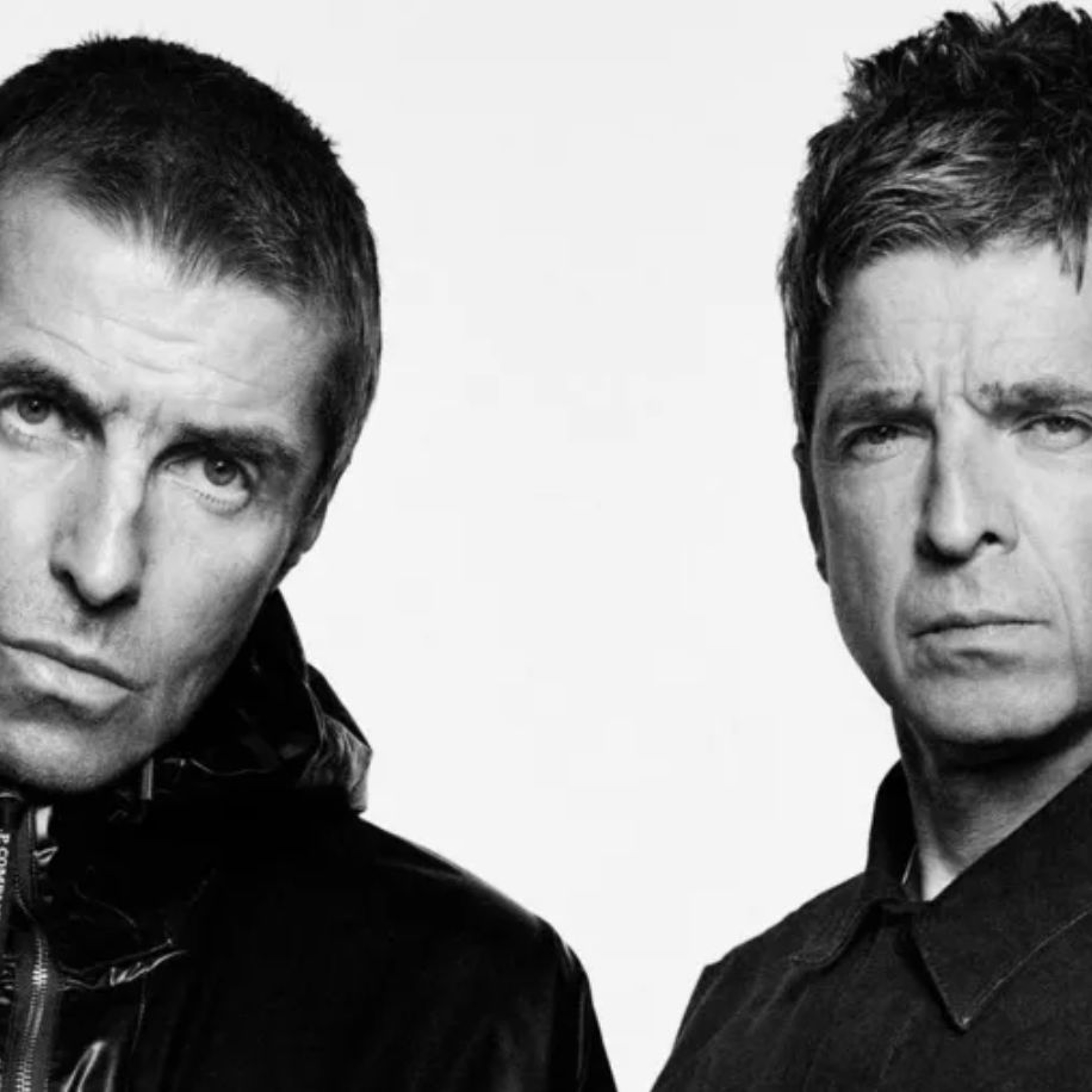
Deep Dive
Shownotes Transcript
And you can't really separate Oasis just as a set of records or a set of people from the way in which a whole kind of media apparatus produced a particular way of understanding them, which the BBC were massively invested in and sections of the music press were massively invested in from very early on. And what this whole sort of assemblage of elements produced is a situation in which they seemed to be accessible and appealing and kind of okay to like.
for sets of audiences who previously would have identified with very different iterations of guitar rock. As I used to say to students at the time, the thing about Oasis was, well, people who would have been into the Smiths liked Oasis because they were like a white guitar band from Manchester. And then people who had been into Guns N' Roses were into Oasis because they were like swaggering macho guitar band.
and people who had been into, you know, who would have been into like Simple Minds and U2 like Oasis because they were just, they were kind of guitar rock with big chords and choruses. So,
It was through the kind of shameless exploitation of these kind of lowest denominator features, in a way, to be honest, of kind of white male guitar rock, that they were able to create this sound and this persona, which was accessible to all these people. But of course, that did make them massively popular. I used to always use this as an example to students of the logic of hegemony in the commercial market for popular culture.
and say, look, effectively what they did is they created a sort of coalition of these previously fragmented audiences. And that is why they were so popular. That's why they became such a phenomenon. If you'd like to hear the rest of this episode of PTO Extra, then please consider becoming a £5 supporter of the show on Patreon. Go to patreon.com forward slash polltheoryother to sign up.